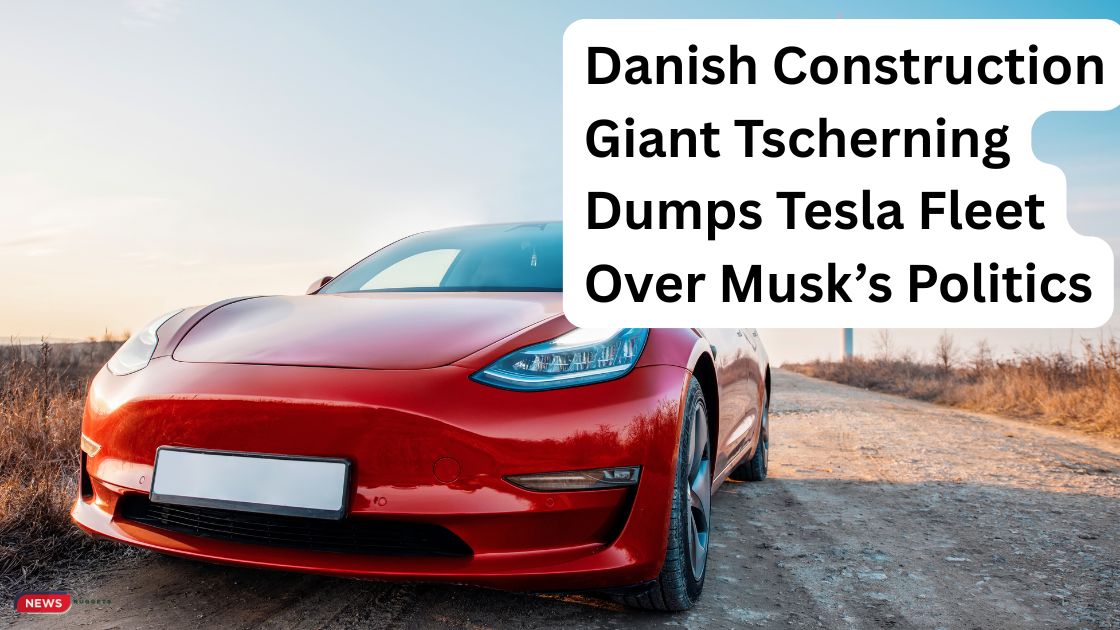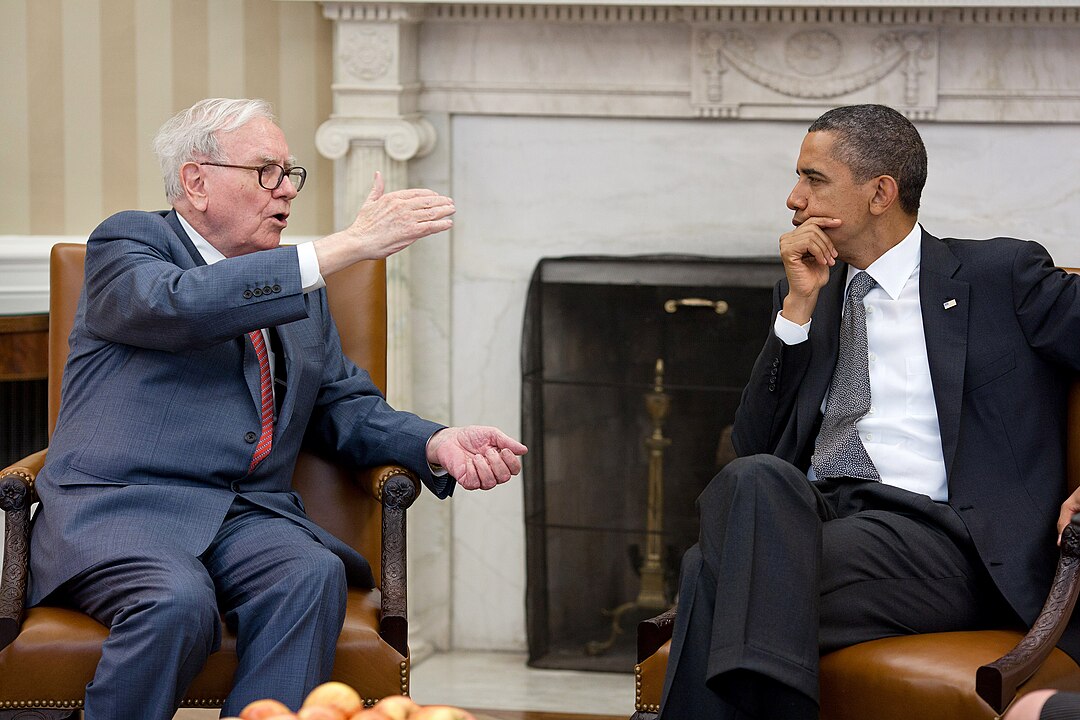Denmark’s construction behemoth Tscherning has made headlines by returning its entire Tesla fleet, declaring it no longer wants to be associated with CEO Elon Musk’s political views. The move underscores a growing trend in Europe, where companies are reevaluating partnerships amid concerns over brand values. Tscherning’s decision highlights how corporate ethics are increasingly shaping business choices—even when it means ditching high-performance EVs.
The Breaking Point: Why Tscherning Cut Ties
Tscherning, a sustainability-driven firm, had initially embraced Tesla to electrify its corporate fleet. But Musk’s escalating political activism—including endorsing Donald Trump and far-right European parties—proved a dealbreaker. In a LinkedIn post titled “Tscherning changes gears and drives in a new direction,” the company stated it “does not want to be associated with the values and political direction that currently accompany the Tesla brand.” The decision wasn’t about vehicle quality but a refusal to align with Musk’s divisive rhetoric.
The company symbolically returned its cars in a video, declaring, “At Tscherning, we not only decide how we drive—but also who we drive with.” Social media praised the move, with users calling it a “strong signal to support European production” and applauding its “brave” stance.
Europe’s Growing Backlash Against Tesla
Tscherning isn’t alone. Last year, German pharmacy giant Rossmann sold its Tesla fleet for similar reasons, citing Musk’s Trump support as incompatible with its climate goals. Tesla’s European sales have plummeted, with Denmark seeing year-over-year declines of 48% in January, 53% in February, and 66% in March. Analysts attribute this to Musk’s polarizing persona, factory disruptions, and softer EV demand.
The ripple effect extends beyond new sales: used Tesla prices are cratering as owners rush to dissociate from the brand. Electrek reports that Tesla’s Q2 2025 sales are tracking 40% below 2024 levels, sparking fears of layoffs and store closures.
Musk’s Political Gambit: A Brand Liability?
Musk’s recent “Make Europe Great Again” slogan—a spin on Trump’s MAGA—failed to resonate, drawing criticism for promoting anti-immigration policies. His ownership of X (formerly Twitter) and controversial geopolitical remarks have further alienated European markets. While Musk retains a loyal U.S. fanbase, overseas customers increasingly view Tesla as a politicized brand rather than a clean-energy pioneer.
Tscherning’s shift to “European alternatives” reflects a broader demand for value-aligned partnerships. Though the company hasn’t named replacements, brands like Volkswagen or Volvo could benefit as firms prioritize local, politically neutral automakers.
What’s Next for Tesla?
Tesla faces a precarious balancing act. While its stock recently surged 45% in a month, long-term challenges loom. Corporate fleets, a key revenue source in Europe, are slipping away, and consumer trust is eroding. To regain momentum, Tesla may need to decouple its brand from Musk’s politics—a tough ask for a CEO synonymous with the company.
Conclusion
Tscherning’s rejection of Tesla over Elon Musk’s politics signals a seismic shift in corporate accountability. As European clients prioritize ethical alignment over brand loyalty, Tesla’s sales slump and reputational crisis highlight the risks of blending CEO activism with business strategy. For Musk, the road ahead may require choosing between political influence and preserving Tesla’s global appeal—a decision that could redefine the EV giant’s future.



